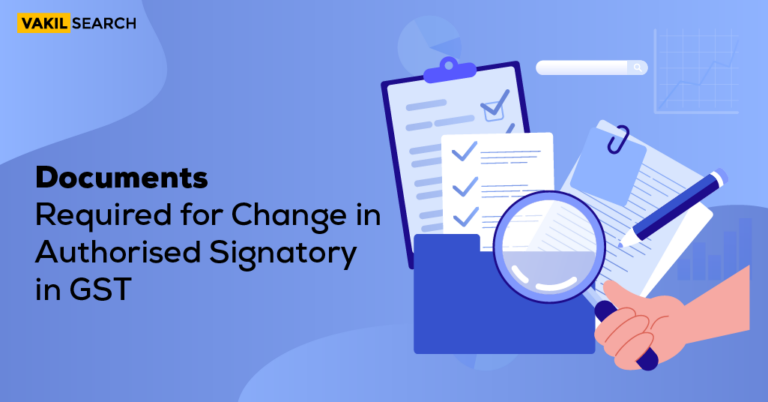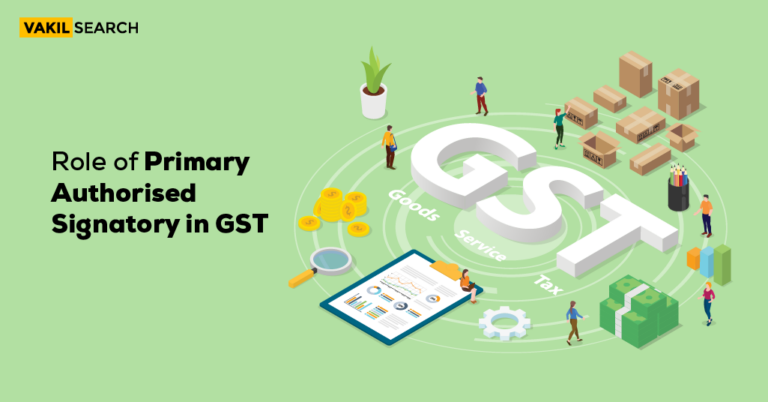For those opting for Aadhaar authentication, new GST registration will be issued within three working days, and they will not need to wait for physical verification. However, those not opting for Aadhaar authentication for GST registration would be granted it only after physical verification of the place of business or documentary verification, which may take up to 21 working days or more if notice is issued.
GST, or Goods and Services Tax, is the additional tax levied on all goods and services traded for domestic expenditure. All the items pass through various steps in the production chain, such as buying the raw materials, manufacturing, warehousing and sale of the product. The GST is charged at every stage and is referred to as a multi-stage tax.
The Goods & Services Tax is a multi-stage, destination-based tax imposed at every instance of value addition to the product.
What does this mean?
Every item goes through multiple steps in the production chain. The initial stage is purchasing raw materials needed to make a product. Then comes the production or the manufacture. Next is the warehousing of the materials, the sale of the product to the retailers and the final stage is when a retailer sells this product to the end of finishing the cycle. The GST is levied at every stage of this process; hence, it is referred to as a multi-stage tax.
Suppose one is looking to avoid GST Registration within the parameters of the law. In that case, this article is definitely for you. As news continues to circulate regarding GST registration, the article below will assist you in understanding how not to register. Here we will be discussing how one can avoid registration under the tax.
But, before that, one needs first to understand why and when GST registration becomes mandatory.
When is GST Registration Compulsory?
Given below are a few examples that explain when you must register under GST-
- When crossing the threshold (an annual turnover above 20 lakhs)
- Doing an interstate supply (i.e. supplying from one state to another)
- The supply of exempted and non-exempted goods (together)
Kindly note that the turnover is not important if it is interstate or e-commerce. You certainly have to register under the GST.
How Can One Avoid This When You Have Crossed the Threshold Under GST?
Suppose you are a supplier/retailer/ service provider with an annual turnover above ₹20 lakh. In that case, you must register under the tax. Moreover, the annual collective turnover is calculated for one pan across India.
Therefore, if one issues the invoices against a different PAN, the exemption limit is multiplied by two. For example: if one owns three different entities, a proprietorship, partnership and the HUF. In this case, one has the total basic exemption of 60 lakh, i.e. 20 lakh for each business.
How to Avoid GST When One Has Made Interstate Supply?
All those who supply goods or services from one state to another must register under the GST. The turnover has no role to play in this. For example, if the income is below 20 lakhs, but one is doing an interstate supply. It becomes essential for you to register under the tax.
How Does One Avoid GST When You Have Supplied Exempt and Non-exempted Goods?
Suppose an individual is supplying exempted goods only. In that case, GST registration is not needed. Still, suppose that same individual is supplying exempted and non-exempted goods. In that case, the exemption will cease to exist. The individual will have to register under the GST.
Here’s How One Can Avoid Registration and Compliance –
One can continue supplying the exempted goods under their name, and the only difference will be to supply non-exempted goods under another entity.
It is imperative to register if one is coming under compulsory registration, or there will be consequences.
Conclusion
To some extent, you can avoid GST registration by performing intrastate transactions with multiple entities. GST registration is not required if the individual supplies only exempt goods. GST does not apply to agriculturists. If the supplier or retailer has an annual income below ₹20 lakhs, you need not register for GST tax.










